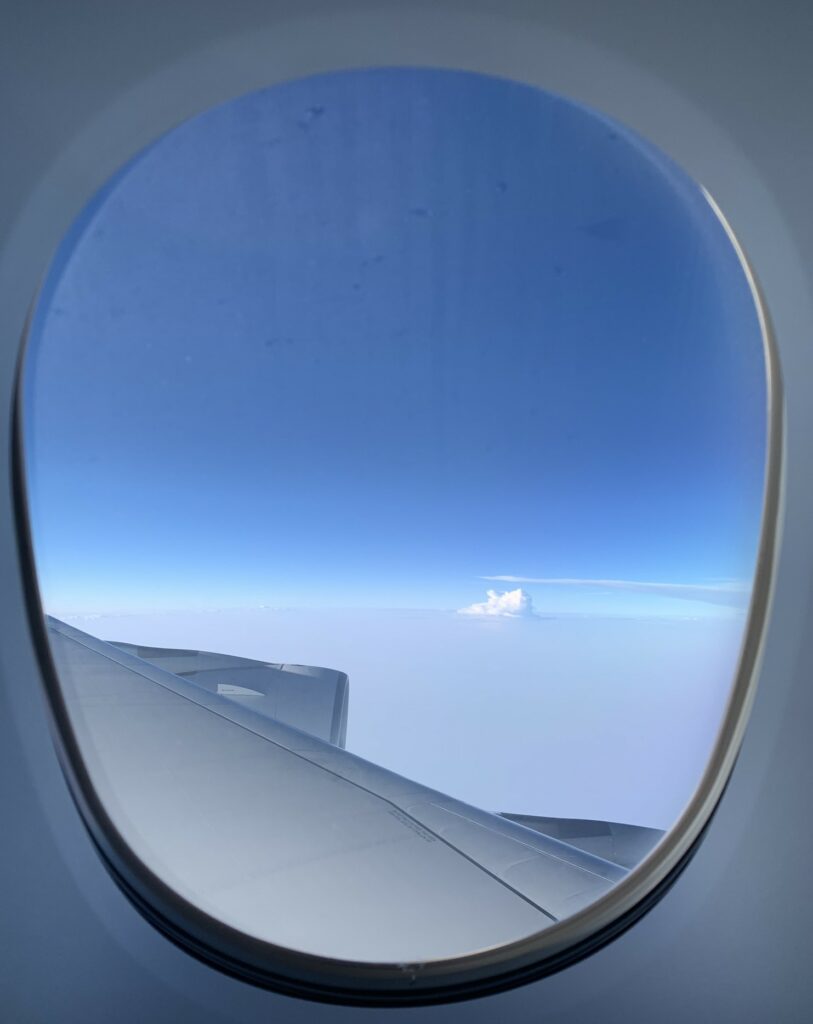The United States has intricate regulations regarding overflight permissions and landing rights, which are contingent on the nature of your operations. Distinct permits are required for operations involving 19 or more passengers compared to those involving fewer than 19 passengers. Various agencies, such as the FAA, TSA, and CBP, play a role in overseeing these operations.
Consequently, if your operations are based outside the United States, you would benefit from the assistance of American Flight Support. Our company is situated in the USA and holds registrations with nearly all relevant US government agencies, making us well-equipped to support your operations.
A TSA waiver and FAA route permits are distinct but related terms in the context of aviation and air travel, particularly for charter flights, private flights, and certain types of commercial operations.

TSA Waiver
A TSA (Transportation Security Administration) waiver is an authorization granted by the TSA for specific flights that require exemptions from standard security requirements. These waivers are often necessary for:
- Foreign-Registered Aircraft: When flying into or within the United States, foreign-registered aircraft might require a TSA waiver to comply with U.S. security regulations.
- Private or Charter Flights: Certain private or charter flights, especially those not operating under a standard TSA-approved security program, may need a TSA waiver.
- Special Situations: Flights that are not typically covered under standard security measures, such as certain governmental, diplomatic, or emergency relief flights, might need a TSA waiver to enter U.S. airspace or land at a U.S. airport.
FAA Route Permits
FAA (Federal Aviation Administration) route permits, on the other hand, are permissions granted to aircraft for specific flight paths or routes through U.S. airspace. These are necessary for:
- Overflight Permits: Permission for foreign-registered aircraft to fly over U.S. airspace without landing. This is crucial for airlines and private operators passing through U.S. airspace en route to another country.
- Landing Permits: Permission for foreign-registered aircraft to land at a U.S. airport. This is particularly relevant for charter flights, cargo flights, or special mission flights.
- Specific Route Approvals: Some flights may require specific route approvals, depending on the nature of the flight, the aircraft used, or the destination.
The U.S. Customs and Border Protection (CBP) is reminding operators to ensure that both passengers and crew have the appropriate visas to enter the U.S. Failure to do so could result in significant fines.
For crew members:
Those operating Part 91 flights must have a valid B1/B2 visa.
Crew operating Part 121 or 135 flights must have a valid C1/D visa.
It’s essential for operators to stay compliant with these requirements to avoid any operational disruptions or penalties.
Summary
- TSA Waiver: Needed for certain flights to meet U.S. security requirements, especially for foreign-registered or non-standard flights.
- FAA Route Permits: Needed for flying over or landing in the U.S., ensuring compliance with U.S. air traffic control and safety regulations.
Both of these are crucial for non-U.S. operators and certain specialized flights to legally and safely operate in U.S. airspace or airports. They help maintain safety, security, and compliance with U.S. aviation regulations.
At American Flight Support, we specialize in securing TSA waivers and FAA route permits for your flights. Whether you need permission to fly over U.S. airspace, land at a U.S. airport, or meet specific security requirements, our experienced team will handle all the necessary paperwork and coordination. We ensure your flight complies with U.S. regulations, allowing you to travel smoothly and without delays. Trust us to take care of the details so you can focus on your journey. Contact us today to streamline your travel arrangements and ensure compliance with all necessary aviation regulations.

